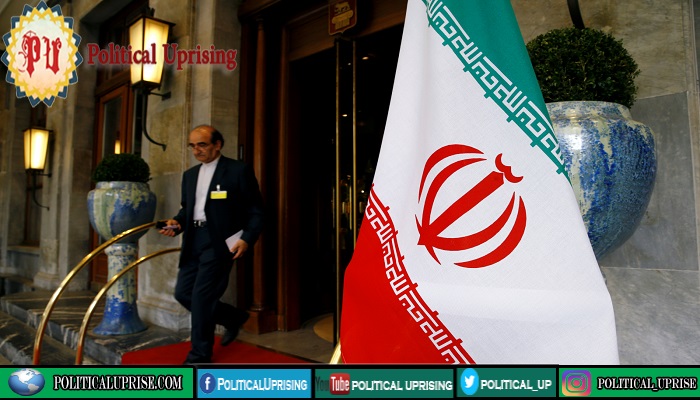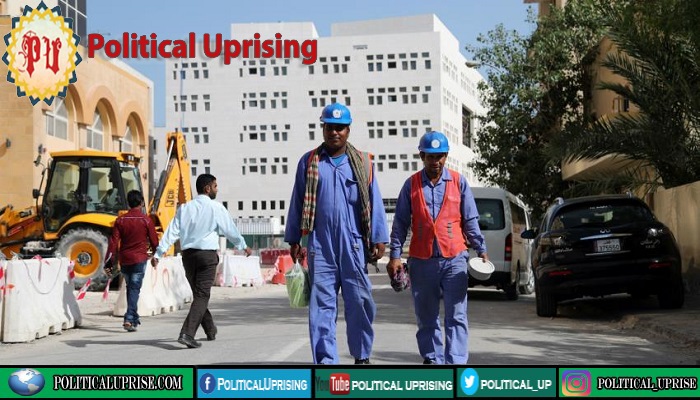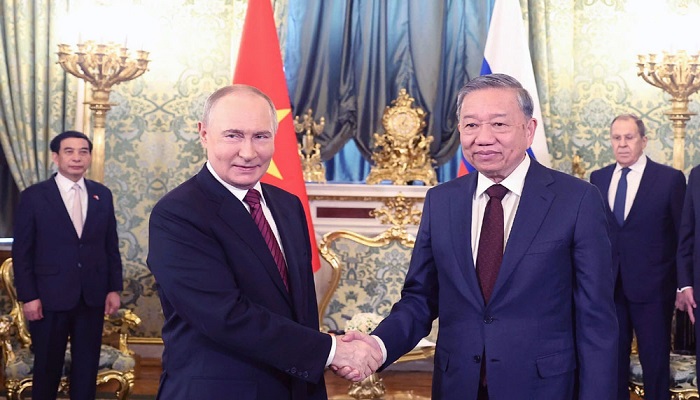Pakistani PM Shehbaz Sharif and Iranian President Masoud Pezeshkian held a high-level phone call, reaffirming their countries’ strategic partnership and commitment to peace—while Pakistan’s military simultaneously praised Iran’s diplomatic efforts in defusing recent tensions with India following a cross-border military standoff.
This rare convergence of civil and military voices from Islamabad spotlighted Iran’s growing influence as a peace broker in South Asia, coming just days after a ceasefire agreement between Pakistan and India on May 10, following deadly cross-border strikes triggered by a incident in Pahalgam, Kashmir, on April 22.
In an interview with IRNA, Lt. Gen. Ahmad Sharif Chaudhry, the Director General of Inter-Services Public Relations (ISPR), underscored Pakistan’s appreciation for Iran’s calm and constructive approach during the crisis, crediting Tehran’s diplomatic efforts with helping avert a wider conflict between the nuclear-armed neighbors.

“We are pleased with all efforts of the international community and brotherly countries, especially Iran, which played a pivotal role in reducing tensions,” Gen. Sharif stated.
He confirmed that Pakistan’s military responded with “firmness and restraint” to India’s May 7 and May 10 airstrikes, launching Operation Bunyan al-Marsous, which, according to him, precisely targeted military installations and avoided civilian areas.
“Our armed forces acted with wisdom and professionalism. The operation never targeted civilians—only sites from where Pakistan was attacked,” he said.
Iran to Ink $4 Billion Oilfields Deal with Russia to Strengthen Bilateral Ties
General Sharif also warned of external forces attempting to sow division in the region, but reaffirmed that Pakistan and Iran enjoy deep military and historical relations, rooted in mutual respect and trust.
In a separate but equally pivotal development, Prime Minister Shehbaz Sharif spoke by phone with Iranian President Masoud Pezeshkian, thanking Tehran for its proactive diplomacy and welcoming Iran’s role in de-escalating the South Asian crisis.

“Pakistan deeply appreciates Iran’s sincere and brotherly diplomatic efforts to defuse tensions,” PM Sharif said, condemning India’s “unprovoked attacks” and lauding the “measured yet forceful response” of Pakistan’s armed forces.
The Prime Minister emphasized that Pakistan remains committed to the ceasefire, but will resolutely defend its sovereignty and territorial integrity, especially in light of India’s alleged missile strikes and actions that threaten the Indus Waters Treaty, which he described as a “red line.”
Saudi Arabia and Iran Step In Amid Rising Indo-Pak Tensions
President Pezeshkian extended condolences for the loss of civilian lives and invited PM Shehbaz to Tehran for an official visit, which was graciously accepted. The Iranian leader also praised Islamabad’s measured response and reaffirmed Iran’s commitment to facilitating peace and regional cooperation.
PM Sharif also raised the Kashmir dispute and India’s threats to the Indus Waters Treaty, calling both central to regional instability. He emphasized that any lasting peace requires the resolution of Kashmir as per UN Security Council resolutions and the aspirations of its people.
Since the ceasefire, Pakistan and India’s military leaderships have spoken three times, with a fourth DGMO-level call scheduled for Sunday. General Sharif confirmed that the military remains vigilant yet committed to restraint, stating:
“Any violation of the ceasefire will be met with a swift and decisive response. But our preference is peace.”
Both the military and civilian leadership of Pakistan were unanimous in praising Iran as a dependable and mature regional partner. The synergy between Shehbaz Sharif’s diplomacy and the military’s strategic messaging demonstrates a unified Pakistani narrative focused on peace—but grounded in strength.
US-Iran Nuclear Talks Postponed, Oman Confirms
As Tehran and Islamabad pledge deeper cooperation on trade, security, and diplomacy, and as military-to-military communication stabilizes the Line of Control, South Asia may be witnessing the emergence of a new diplomatic balance—with Iran at its center as a trusted mediator.



